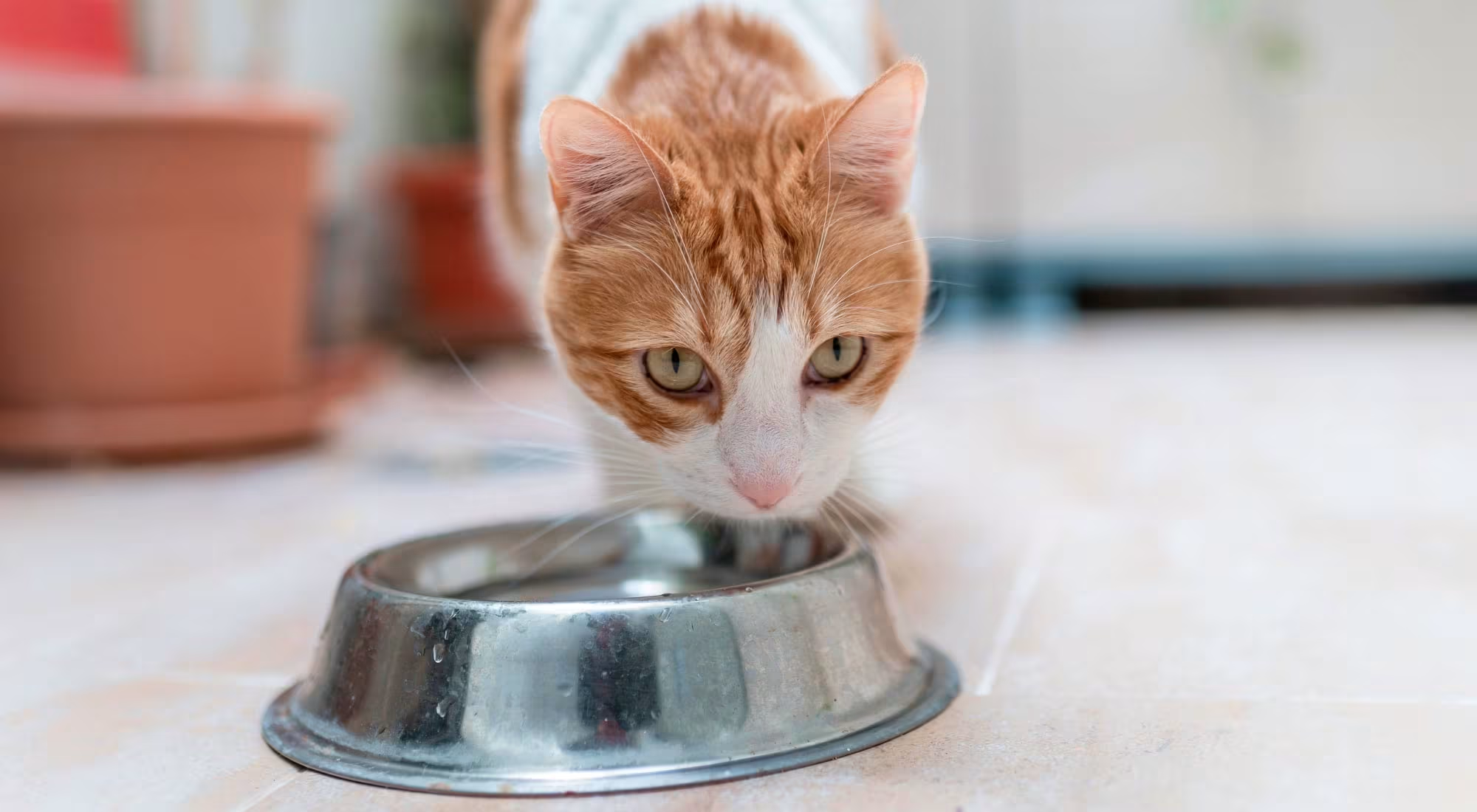If you’ve ever had a cavity, then you know how painful toothaches can be.
Poor dental hygiene can affect your pet's overall wellness and quality of life including eating, drinking and even playing. It’s important to be proactive about your pet’s oral hygiene in the same way you’re proactive about vaccinations, heartworm medication, and flea and tick prevention. Keeping plaque and tartar in check keeps teeth and gums healthy, and takes care of bad breath.
Even if you do brush your pet’s teeth regularly, using additional products to maintain their dental health will still contribute to maintaining healthy, happy mouths.
For pets, teeth cleaning is “extremely important,” says veterinarian Dr. Garrett Schuilenberg. “It's like for us — you brush your teeth as prevention. You're not brushing your teeth to treat something. So brushing your pet’s teeth and using dental treats and dental supplements is very important to help slow the progression of plaque and tartar and decrease the chances of getting dental disease.”
Here are some dental options to consider, as recommended by our vet experts:.
Dental treats and chews
For dogs with healthy teeth, dental chews are another element to introduce into their wellness routines. In addition to regular brushing they can help maintain your dog’s dental hygiene. There are two main types available:
Abrasive dental treats
This variety can be rough and are designed to break into pieces as a dog chews on them. The friction created by those pieces rubbing against a dog's teeth, help to physically remove tartar and plaque.
Dental treats with active ingredients
This type of treat has everything the abrasive treats do, with the bonus benefit of additives that help to prevent the formation of plaque. Some treats also have ingredients added to promote minty fresh breath
However, neither type of treat should be given to dogs with severe dental issues until those issues have been resolved with a vet.
Dr. Schuilenberg says to be sure you’re choosing a treat that has undergone testing and has proven to be effective. Avoid treats that simply claim to freshen breath.
“If you really want to look for something that is approved, go on Google and type in ‘VOHC’ or ‘Veterinary Oral Health Council’,” he says. “They are a group of veterinary dentists and you can look at lists of accepted products. They've actually tested these things and said, ‘Yeah, this is effective and not just marketing’.”
Water additives, sprays, gels, and foams
These liquids can be unflavoured or come in flavours like chicken and vanilla mint. They are simply added to your pet’s daily drinking water. Even without brushing, a good brand of water additive (like bluestem) can reduce tartar significantly with regular use. Dr. Schuilenberg notes that pets need to exclusively drink water with the additive in it in order to be effective.
Water additives
These liquids can be unflavoured or come in flavours like chicken and vanilla mint. They are simply added to your pet’s daily drinking water. Even without brushing, a good brand of water additive (like bluestem) can reduce tartar significantly with regular use. Dr. Schuilenberg notes that pets need to exclusively drink water with the additive in it in order to be effective.
Sprays
One of the biggest benefits of using a dental spray is that it is easier to apply to the hard-to-reach areas of your pet’s mouth. It’s also a good option for pets who get most of their hydration from their food and so tend to drink only a little bit of water each day.
Gels
Dental gels are designed to be tasty, encouraging pets to lick at them until they coat their teeth and gums. With a gel, your pet is spreading the treatment over their teeth with their own tongue, instead of using a brush.
Foams
Dental foams work by expanding quickly inside your pet’s mouth, getting into the back corners and in between teeth, helping to combat plaque and tartar.
A pet’s dental health will affect their overall health and happiness. Regardless of the product or method you choose, approach the process with patience and lots of positive reinforcement. Your pet will love you for it.














































